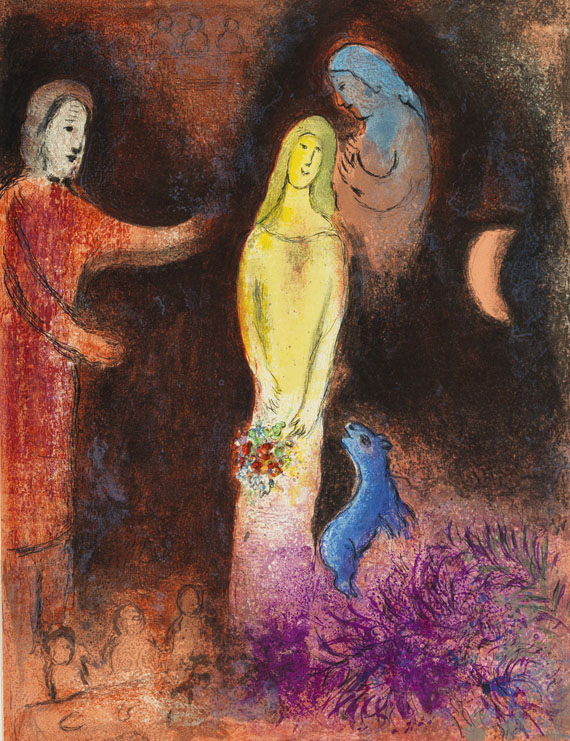Dictionary


Books of fables
A book of fables contains brief, didactic stories, that are often critical of a particular society and time, in either verse or prose. The characters are always animals in anthropomorphic guise, fully defined by human characteristics, which express a doctrine or conventional wisdom in plot and dialogue. Teaching imparted by fables may be transferred to human affairs one-to-one although interpreting the text is ultimately up to the reader. The earliest fables appeared in the ancient Near East, India and Archaic Greek writings. Early compilations of fables, in which a large number of fables are tied into a frame story are encountered as early as the 6th century BC (Aesop's Fables) and around 300 AD (The Panchatantra). Aesop's Fables have continued to be revised and translated to the present day. Well-known Modern Age fabulists include La Fontaine, Krylov, Stricker, Steinhöwel, Sachs, Lessing and many others.
A book of fables contains brief, didactic stories, that are often critical of a particular society and time, in either verse or prose. The characters are always animals in anthropomorphic guise, fully defined by human characteristics, which express a doctrine or conventional wisdom in plot and dialogue. Teaching imparted by fables may be transferred to human affairs one-to-one although interpreting the text is ultimately up to the reader. The earliest fables appeared in the ancient Near East, India and Archaic Greek writings. Early compilations of fables, in which a large number of fables are tied into a frame story are encountered as early as the 6th century BC (Aesop's Fables) and around 300 AD (The Panchatantra). Aesop's Fables have continued to be revised and translated to the present day. Well-known Modern Age fabulists include La Fontaine, Krylov, Stricker, Steinhöwel, Sachs, Lessing and many others.
Offers for World Literature




